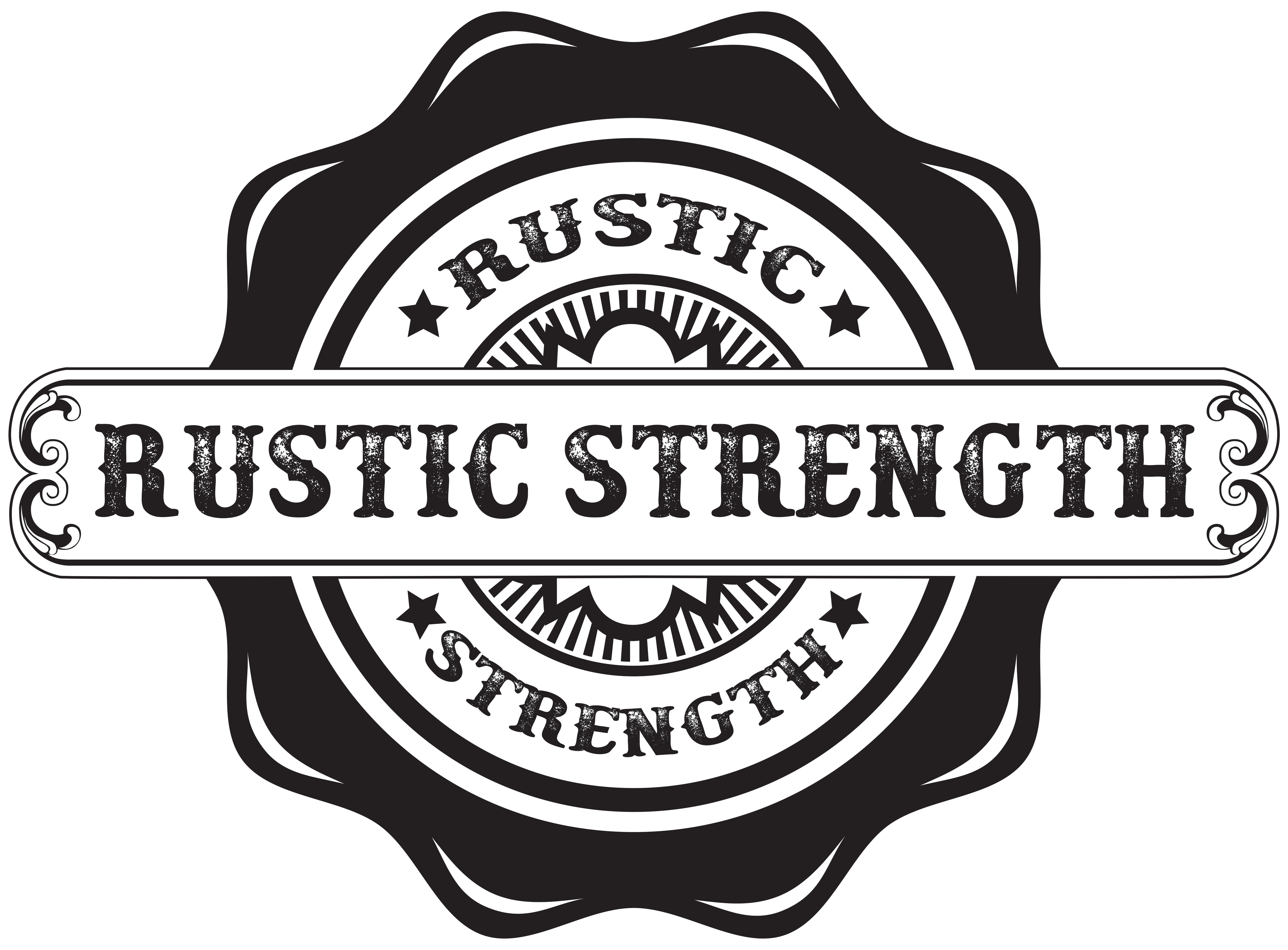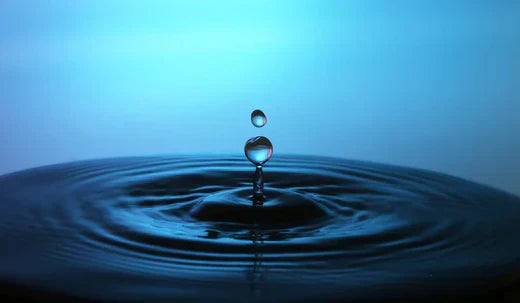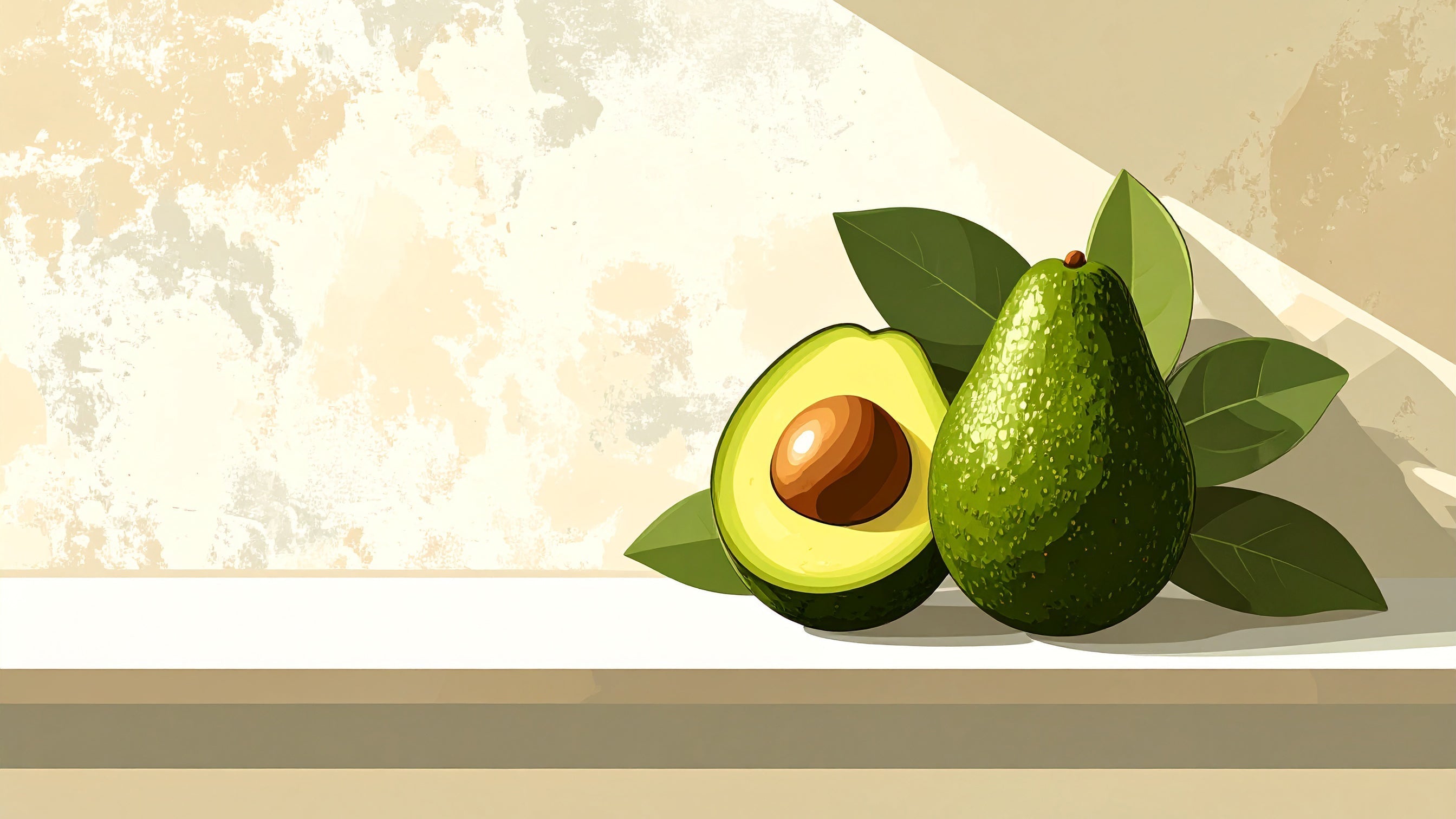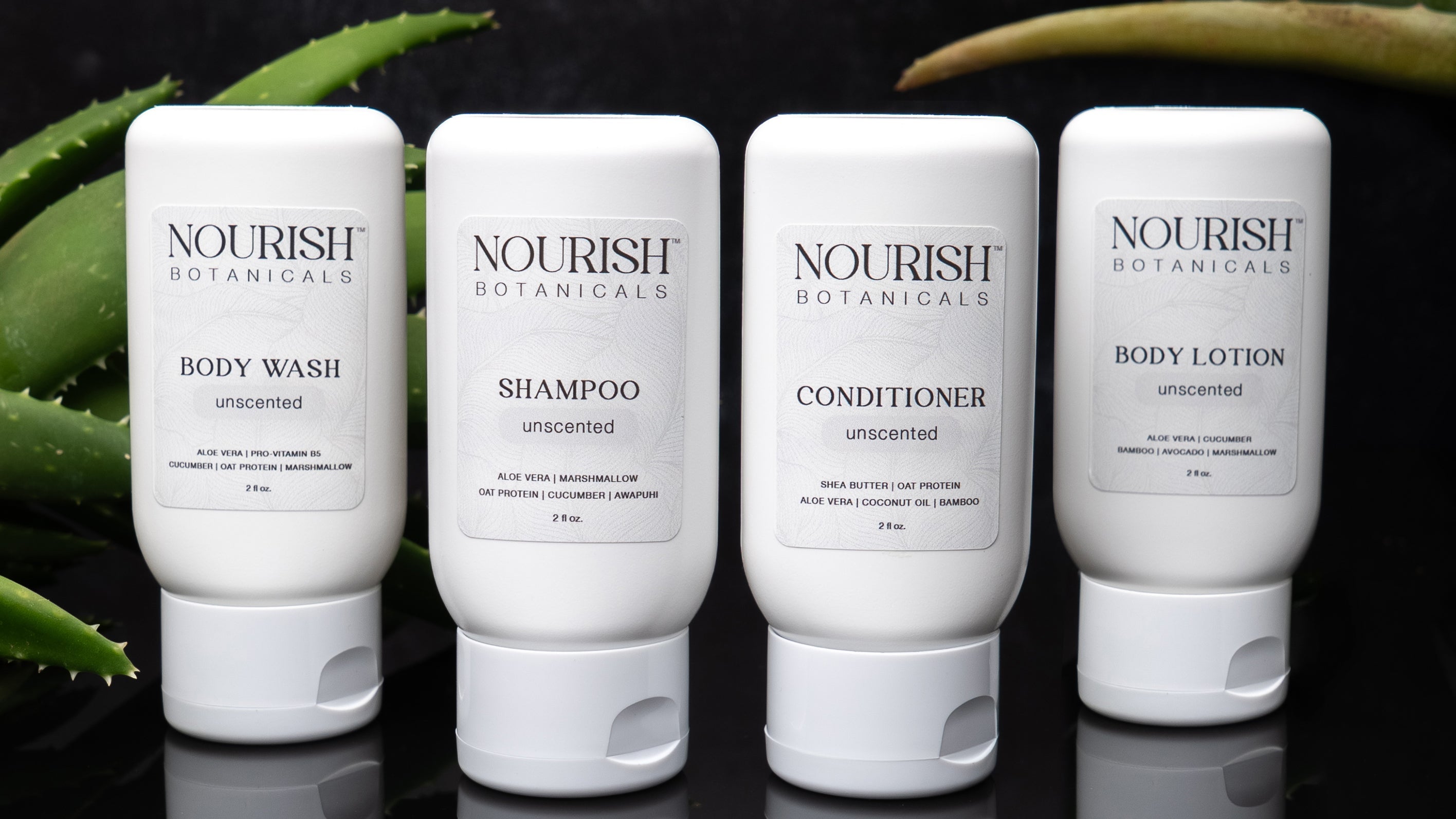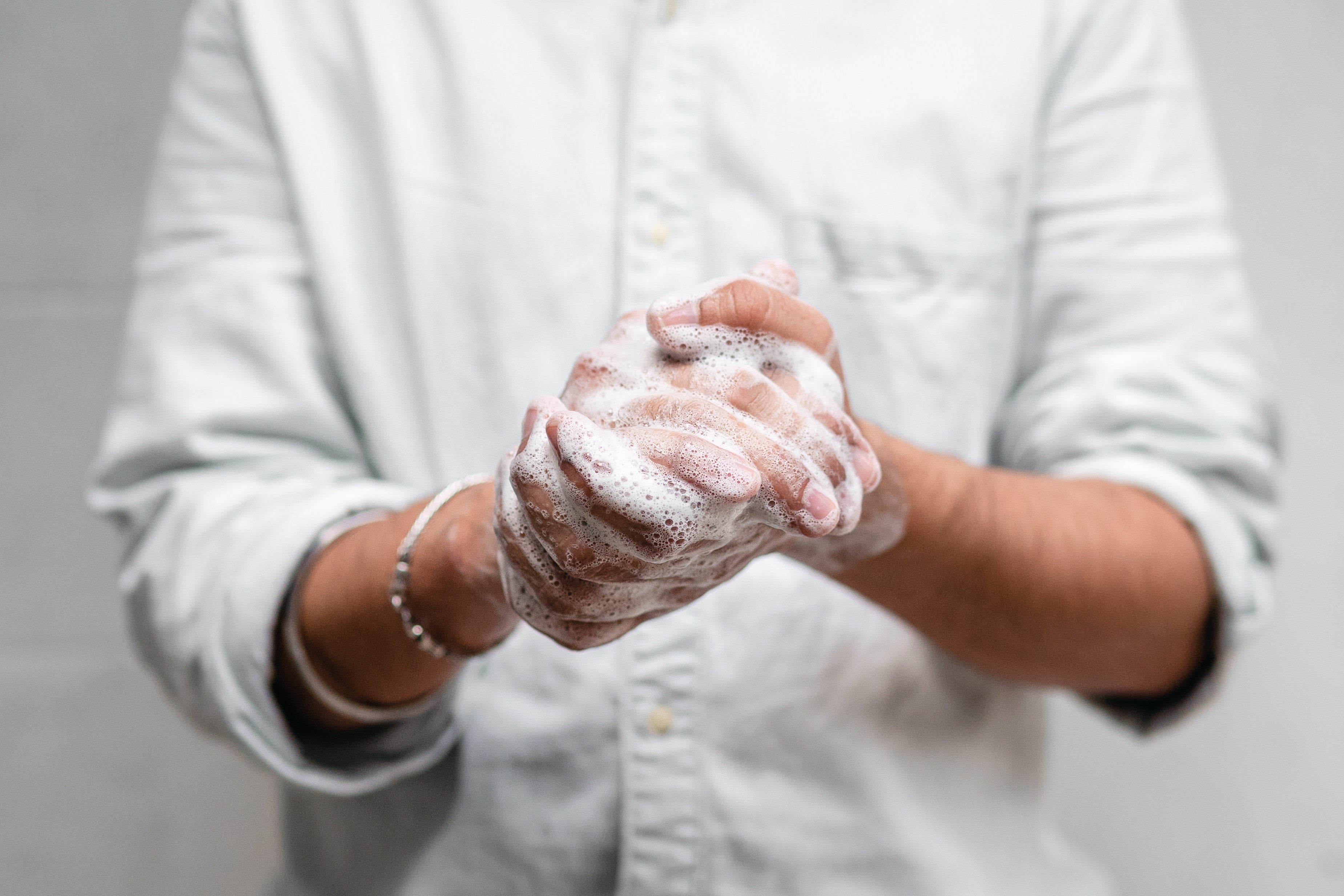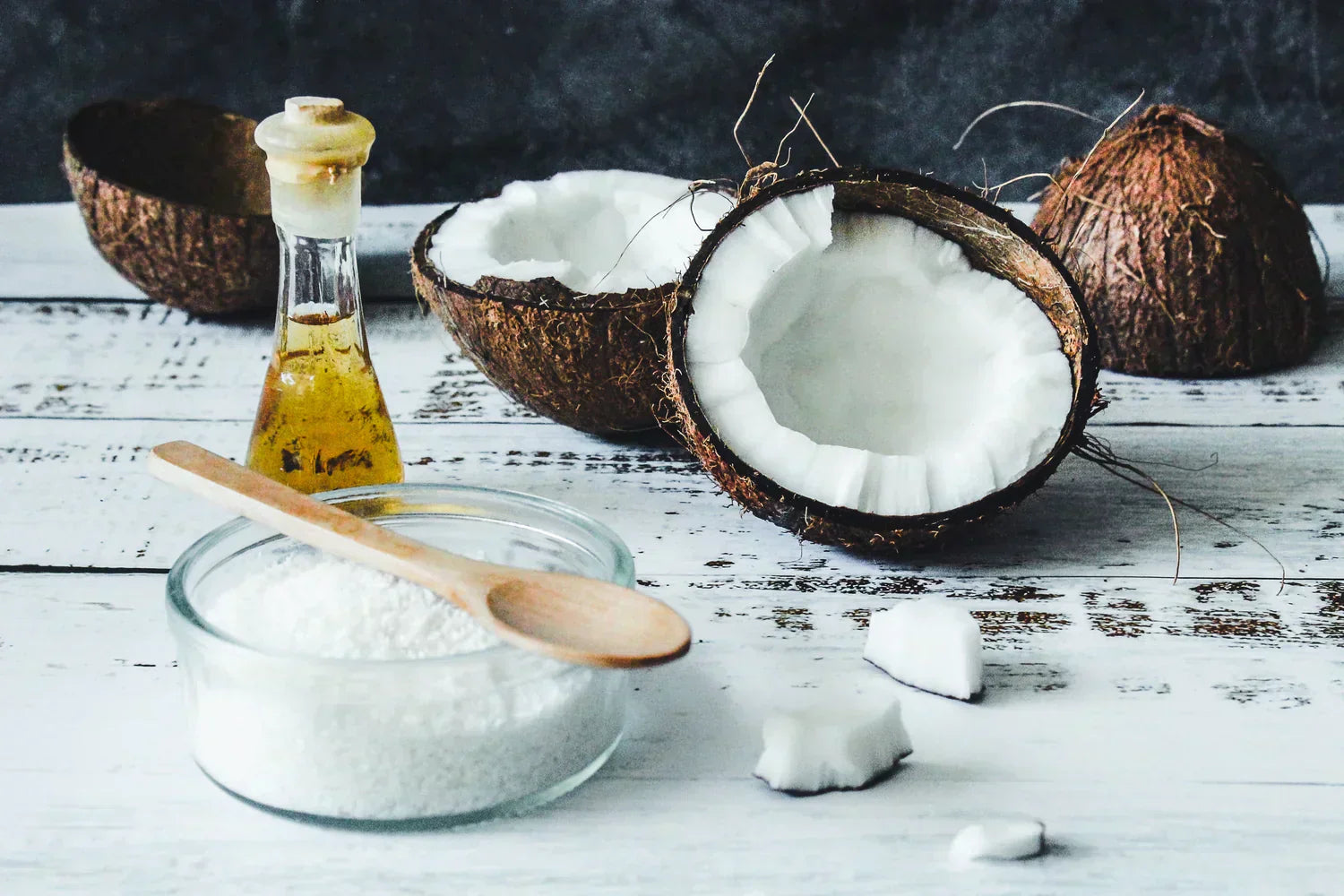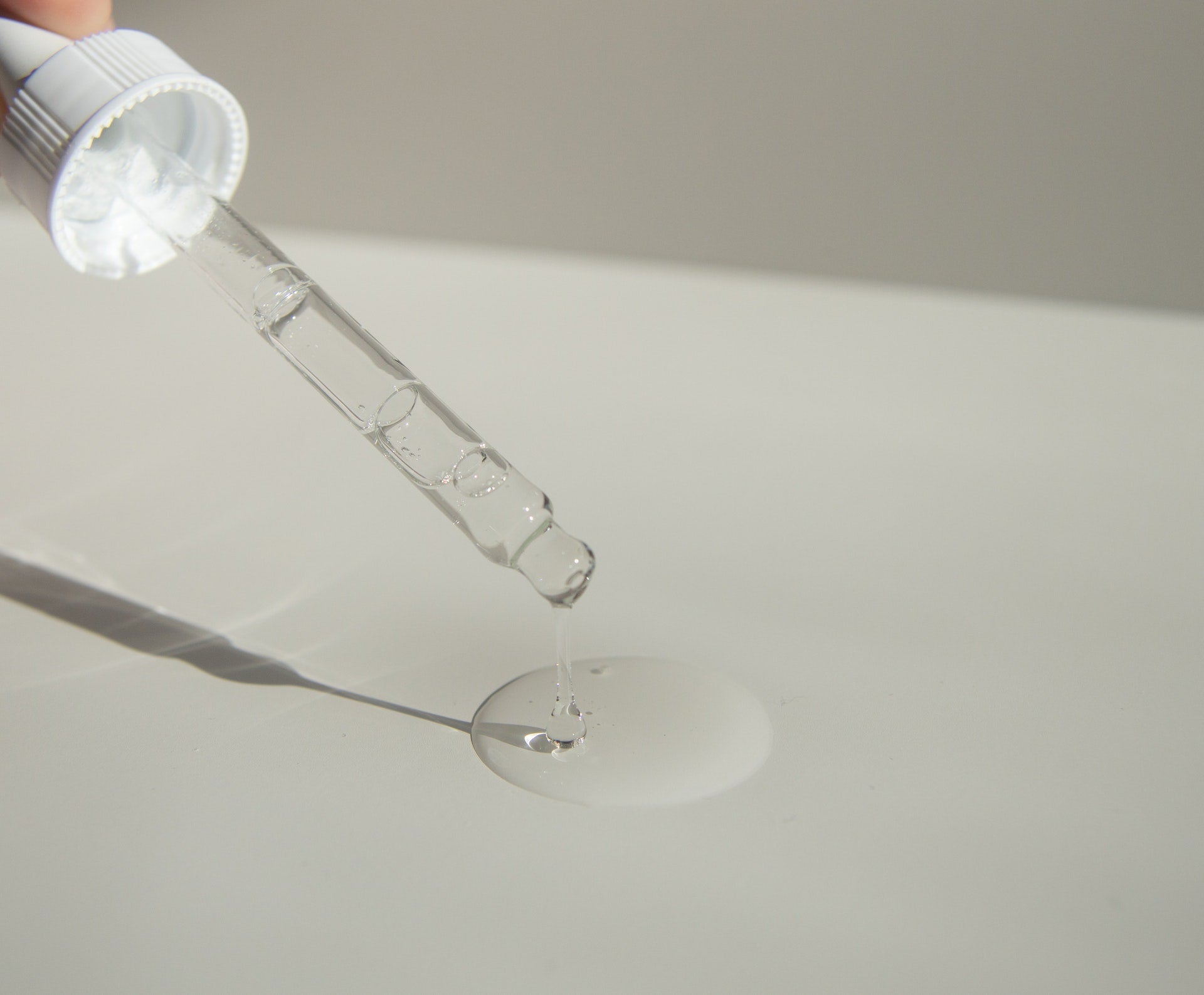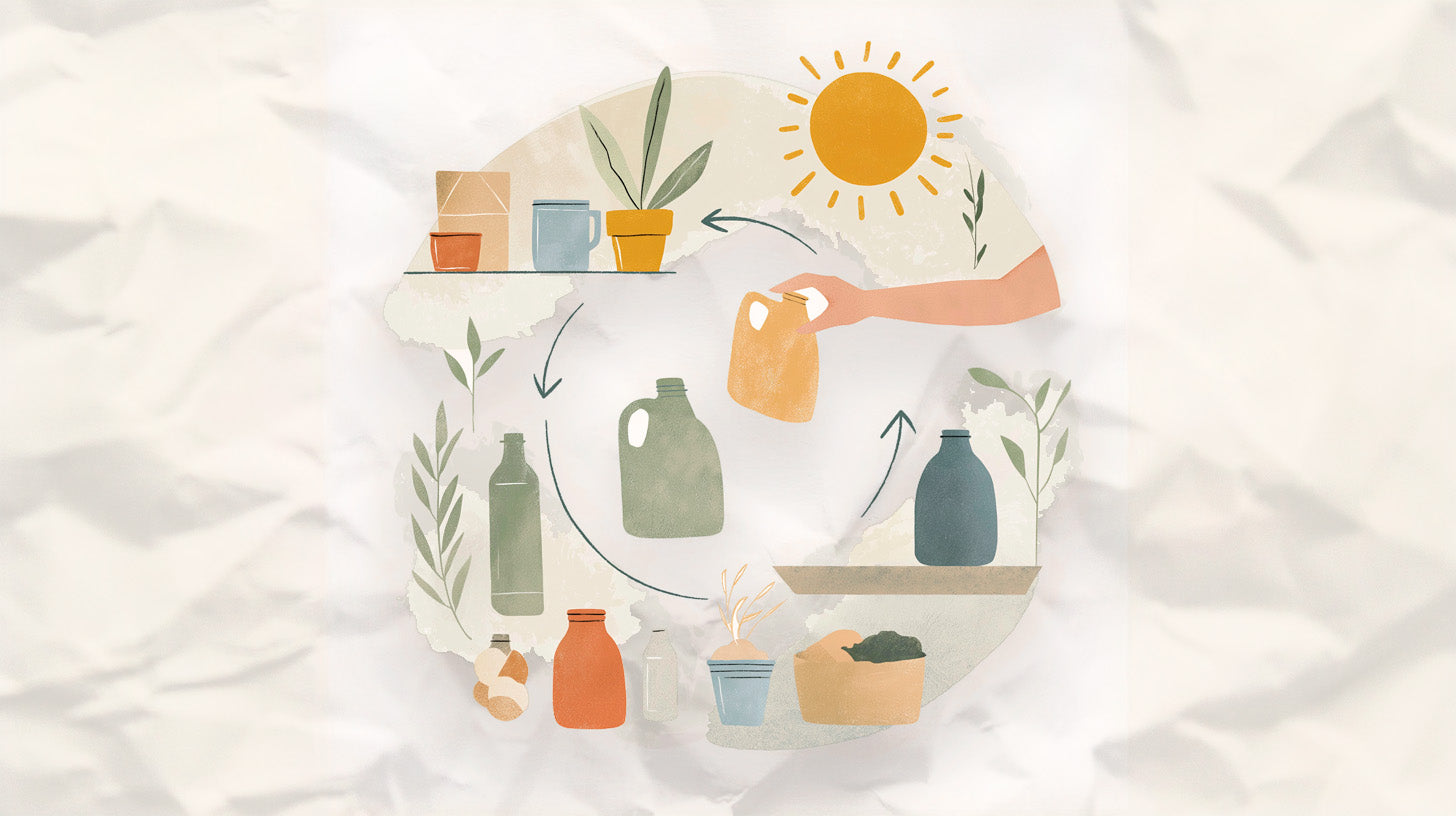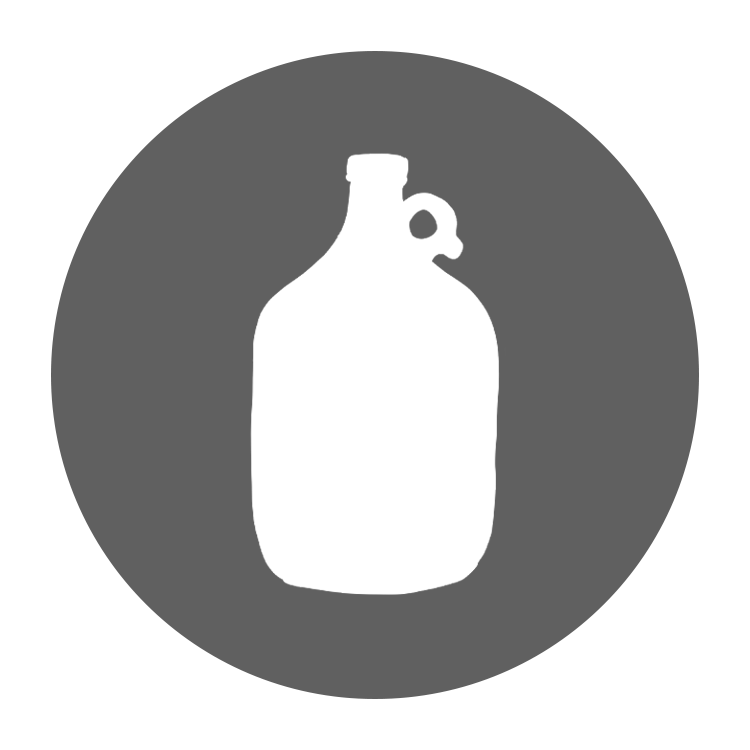What is Charcoal Filtered Reverse Osmosis, UV Sanitized Water?
Charcoal Filtered Reverse Osmosis, UV Sanitized Water is water that has undergone three purification processes for exceptional purity and safety:
1. Charcoal Filtration
Activated carbon filters remove impurities such as chlorine, organic compounds, and odors. This step eliminates unwanted chemicals and prepares the water for further purification. It also improves taste.
2. Reverse Osmosis (RO)
Reverse Osmosis is a water purification process that uses a semi-permeable membrane to remove dissolved salts, minerals, heavy metals, and other contaminants. Under pressure, water molecules pass through the membrane while impurities are left behind and flushed away. RO is one of the most effective ways to achieve extremely pure water, commonly used in medical, industrial, and personal care applications.
- Effectiveness: Removes up to 99% of dissolved salts, lead, fluoride, chlorine, pesticides, and more.
- Benefit: Provides water that is free of hardness-causing minerals and other dissolved solids, making it ideal for sensitive applications like skincare and cleaning.
3. UV Sanitization
After filtration and RO treatment, the water undergoes ultraviolet (UV) light sanitization. UV treatment inactivates microorganisms such as bacteria, viruses, and protozoa by damaging their DNA, preventing them from reproducing and causing illness.
- Safety: UV treatment does not add chemicals to the water, making it a clean, environmentally friendly disinfection method.
- Reliability: Often used in hospitals, laboratories, and municipal water systems as a final safeguard against microbial contamination.
Why Do We Use Charcoal Filtered Reverse Osmosis, UV Sanitized Water?
Rustic Strength chooses this multi-step water purification system for its unmatched safety and purity, ensuring our products are free from contaminants that could compromise quality.
- Skin and Hair Care: Gentle, mineral-free water reduces irritation and residue.
- Cleaning Products: Prevents streaks or mineral deposits, ideal for glass, electronics, and sensitive surfaces.
- Environmental Benefits: Activated charcoal is eco-friendly, reverse osmosis reduces dissolved pollutants, and UV sanitization ensures safe water without added chemicals.
Is Charcoal Filtered Reverse Osmosis, UV Sanitized Water Safe and Non-Toxic?
- Purity: Free from minerals, heavy metals, organic contaminants, and microbial risks.
- Neutral pH: Non-reactive and safe for skin and delicate uses.
- Eco-Friendly: This triple-process system ensures purity without introducing harmful byproducts.
Where Do We Use It?
Charcoal Filtered Reverse Osmosis, UV Sanitized Water is used in Rustic Strength’s:
- Laundry Detergent
- Hand Soap
- Dish Soap
- Body Wash
- Shampoo
- Pet Shampoo
- Bubble Bath
- Conditioner
- Pet Conditioner
- Lotion
- Rinse Aid
In Summary:
Charcoal Filtered Reverse Osmosis, UV Sanitized Water is a safe, effective, and environmentally responsible choice for personal care and cleaning products. By combining charcoal filtration, reverse osmosis, and UV sanitization, Rustic Strength ensures the highest water purity for health-conscious consumers and high-performance needs.

We invite you to do your own research!
Scientific journals and articles are the foundation of evidence-based decisions at Rustic Strength. Blogs can provide helpful information. However, if it cannot cite scientific articles, its claims stand on little.
EWG’s Tap water database
https://www.ewg.org/tapwater/methodology.php
CR's Guide to Better, Safer Drinking Water
https://www.consumerreports.org/water-quality/crs-guide-to-better-safer-drinking-water-a8757387666/
Water filter technology: A primer
https://www.ewg.org/tapwater/water-filter-technology.php?utm_source=chatgpt.com
• U.S. Centers for Disease Control and Prevention (CDC): A Guide to Drinking Water Treatment Technologies for Household Use
• Water Quality Association (WQA): How Reverse Osmosis Works
• U.S. Environmental Protection Agency (EPA): UV Disinfection Technology
• International Ultraviolet Association (IUVA): What is UV

